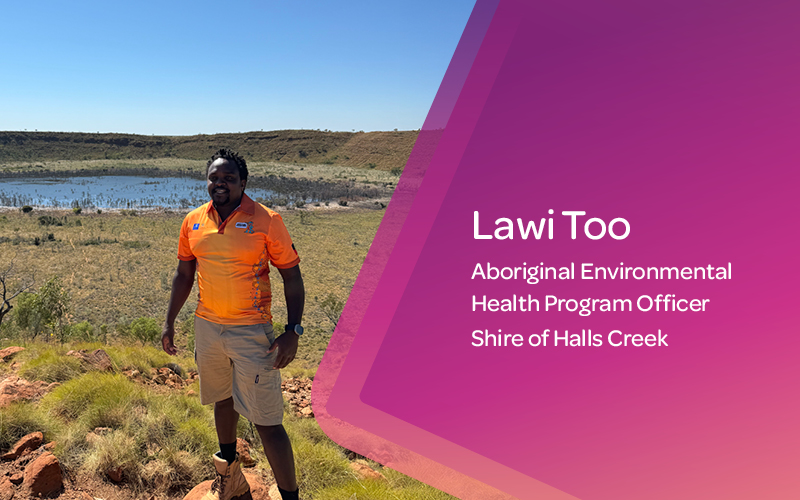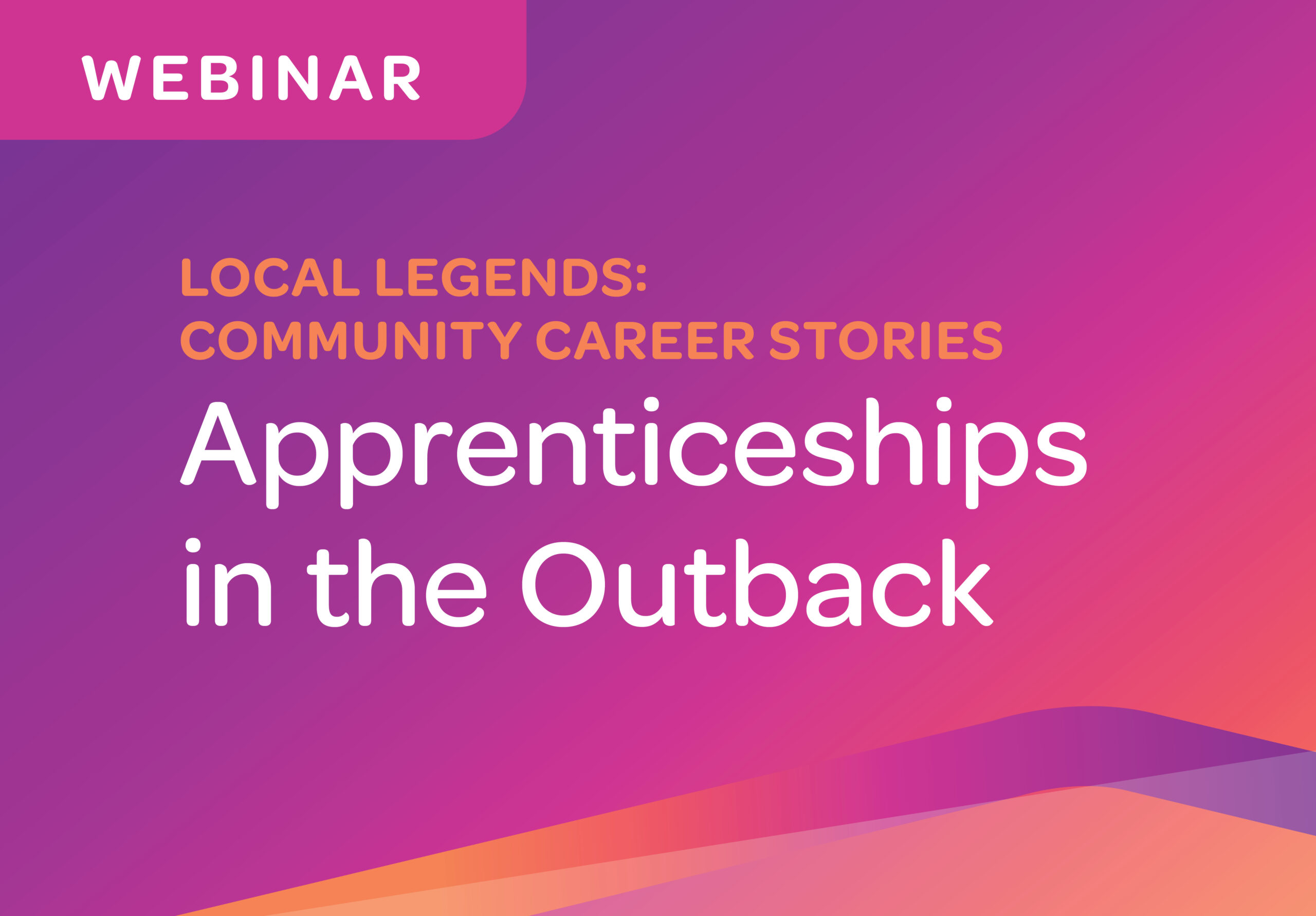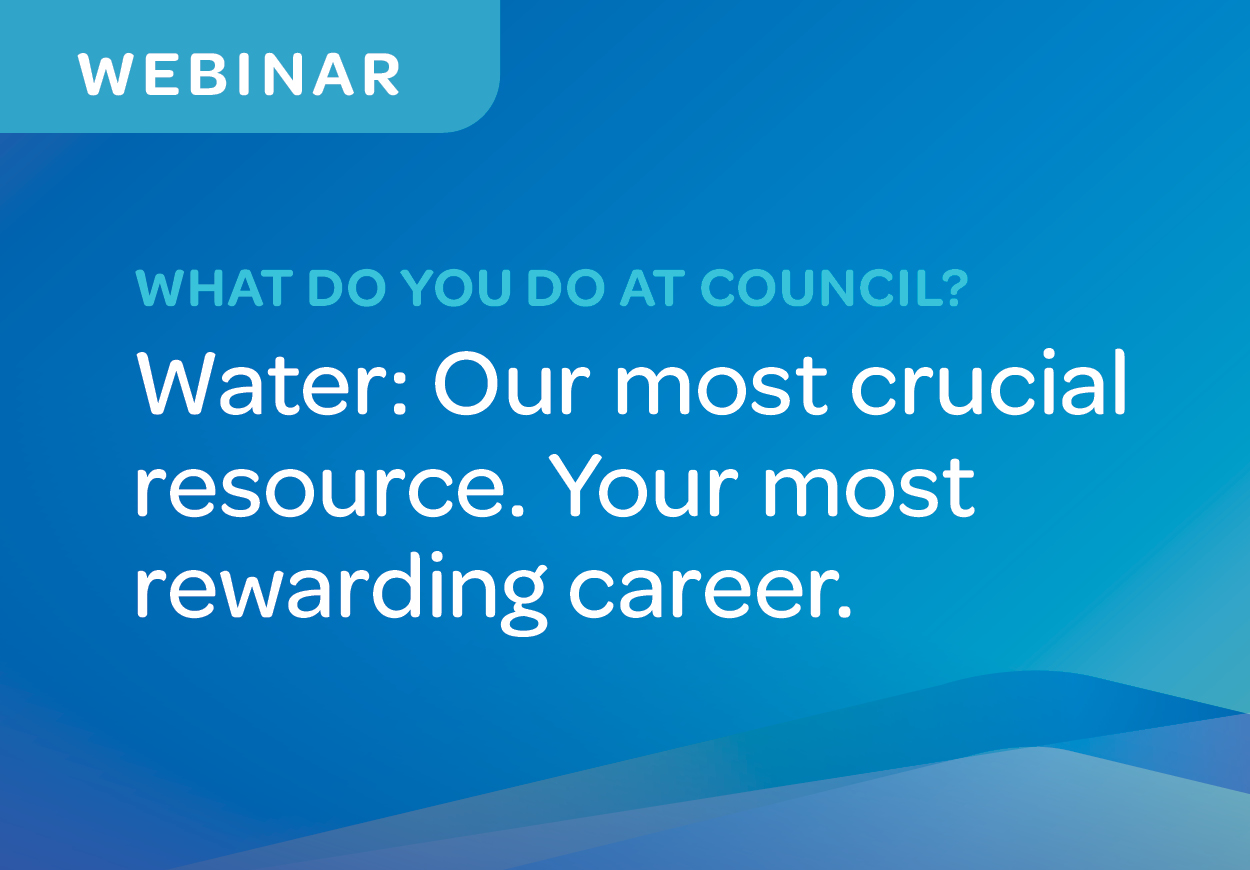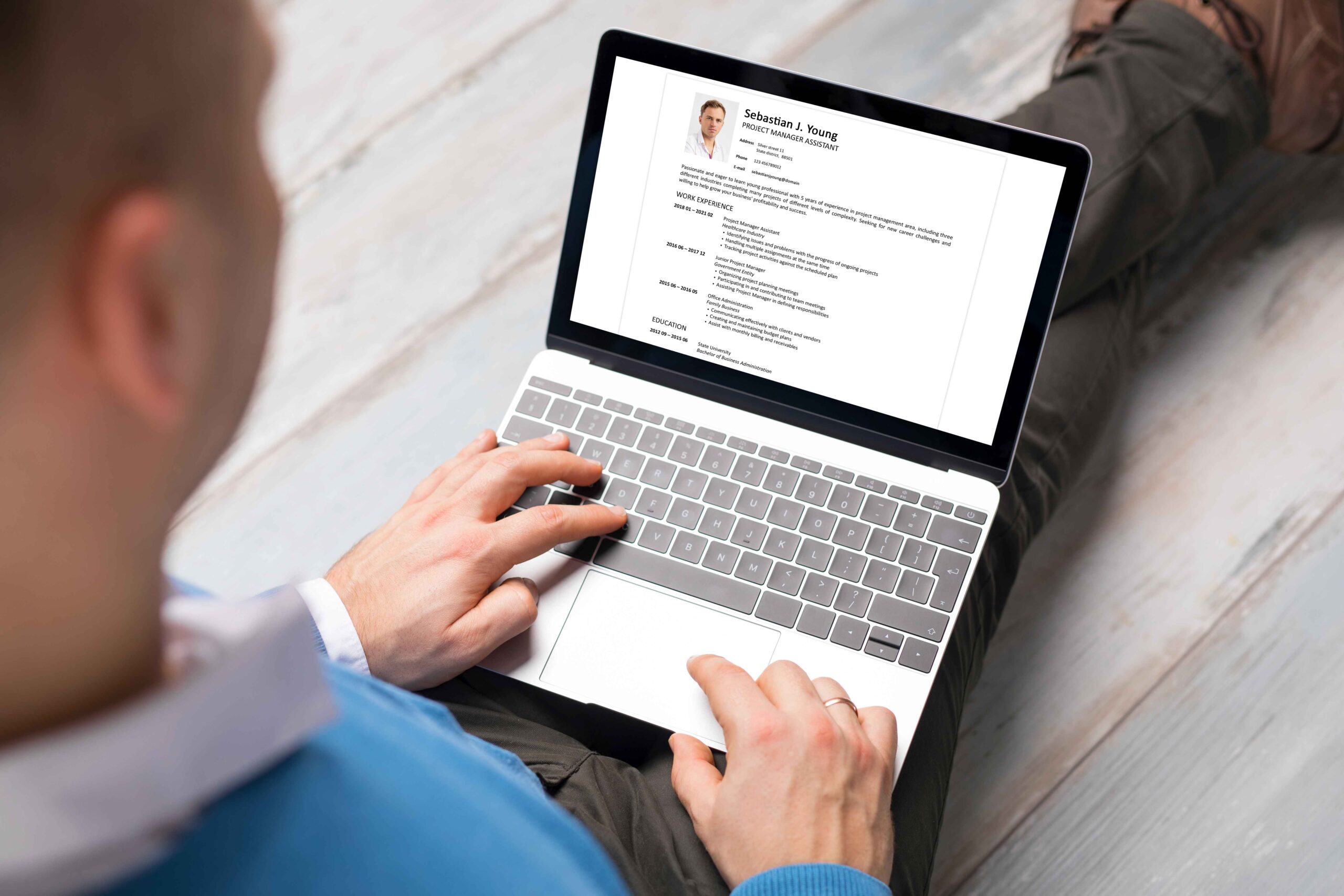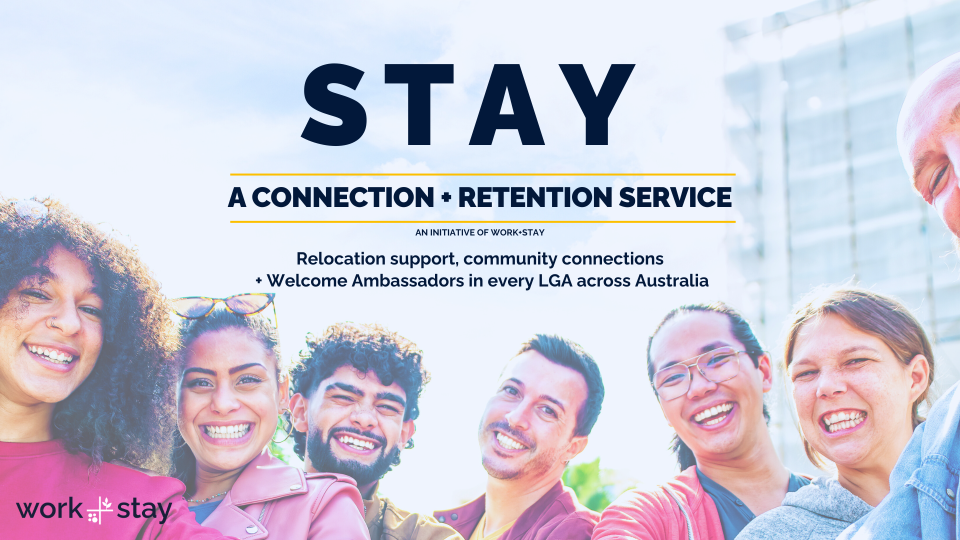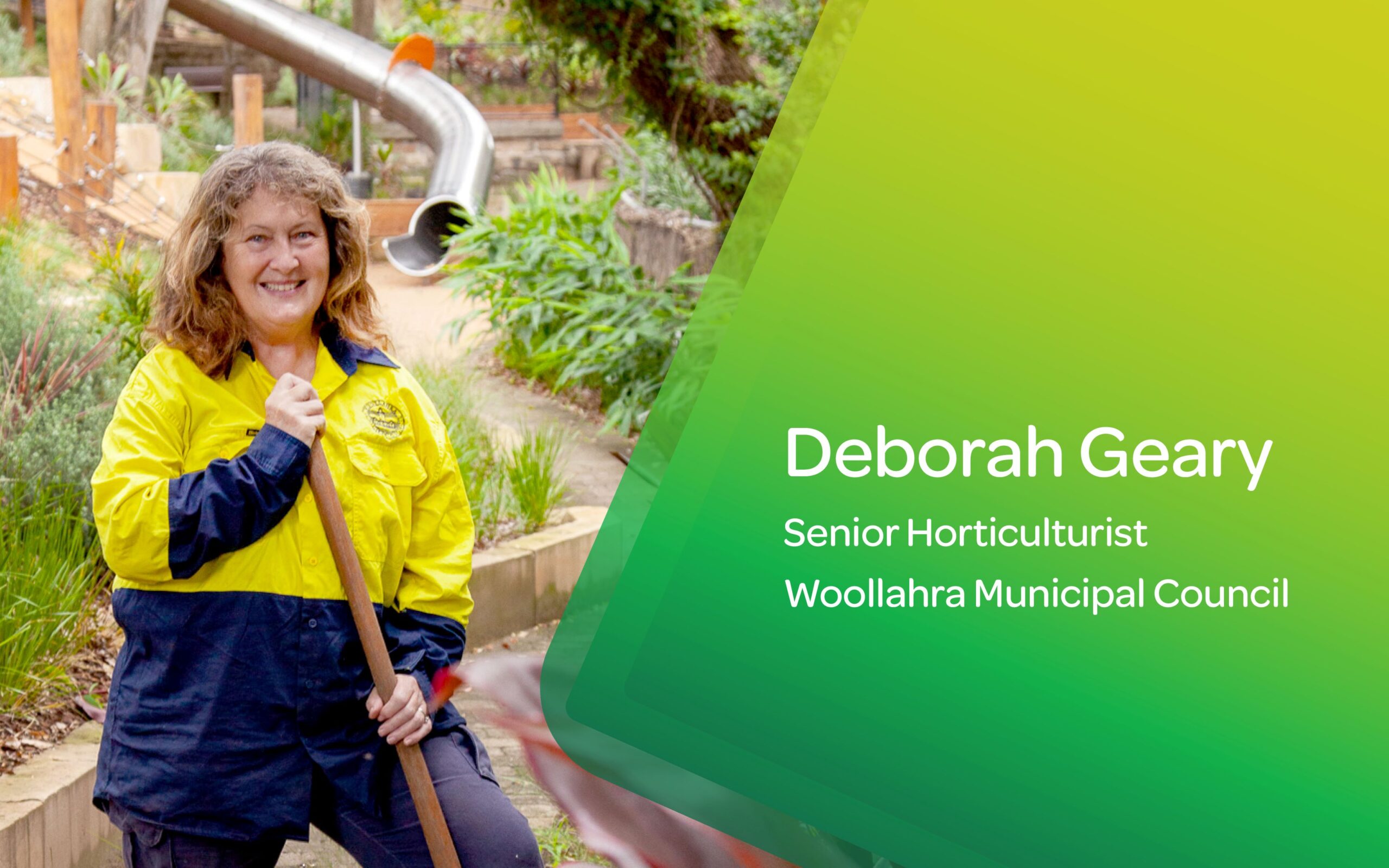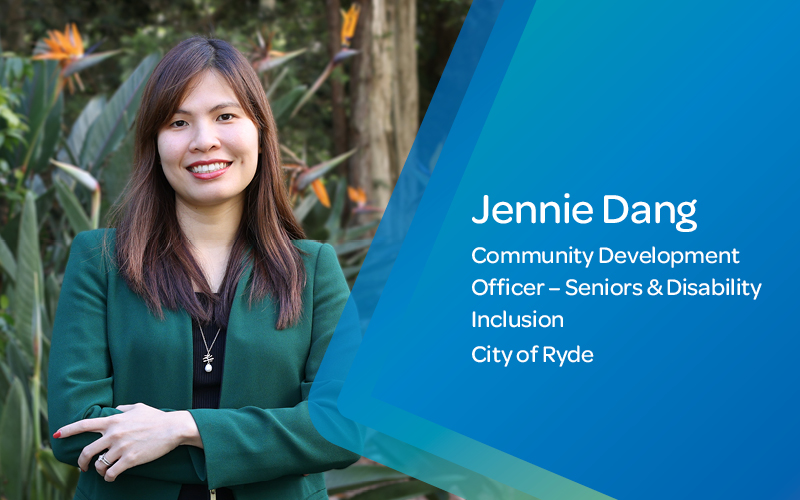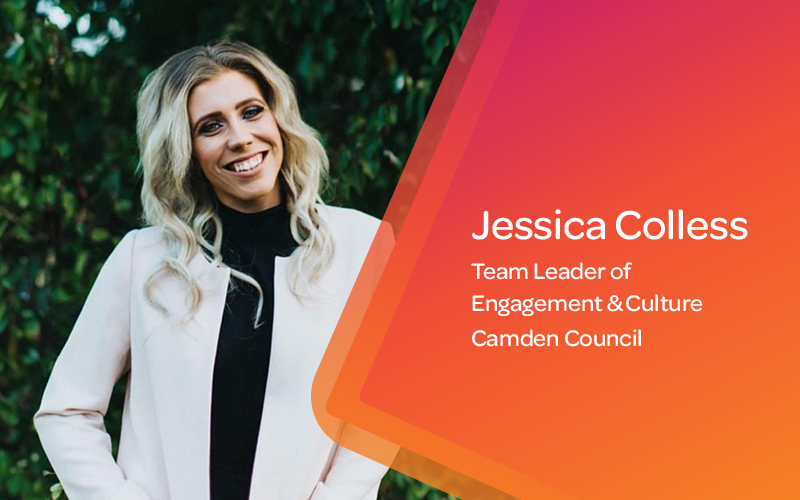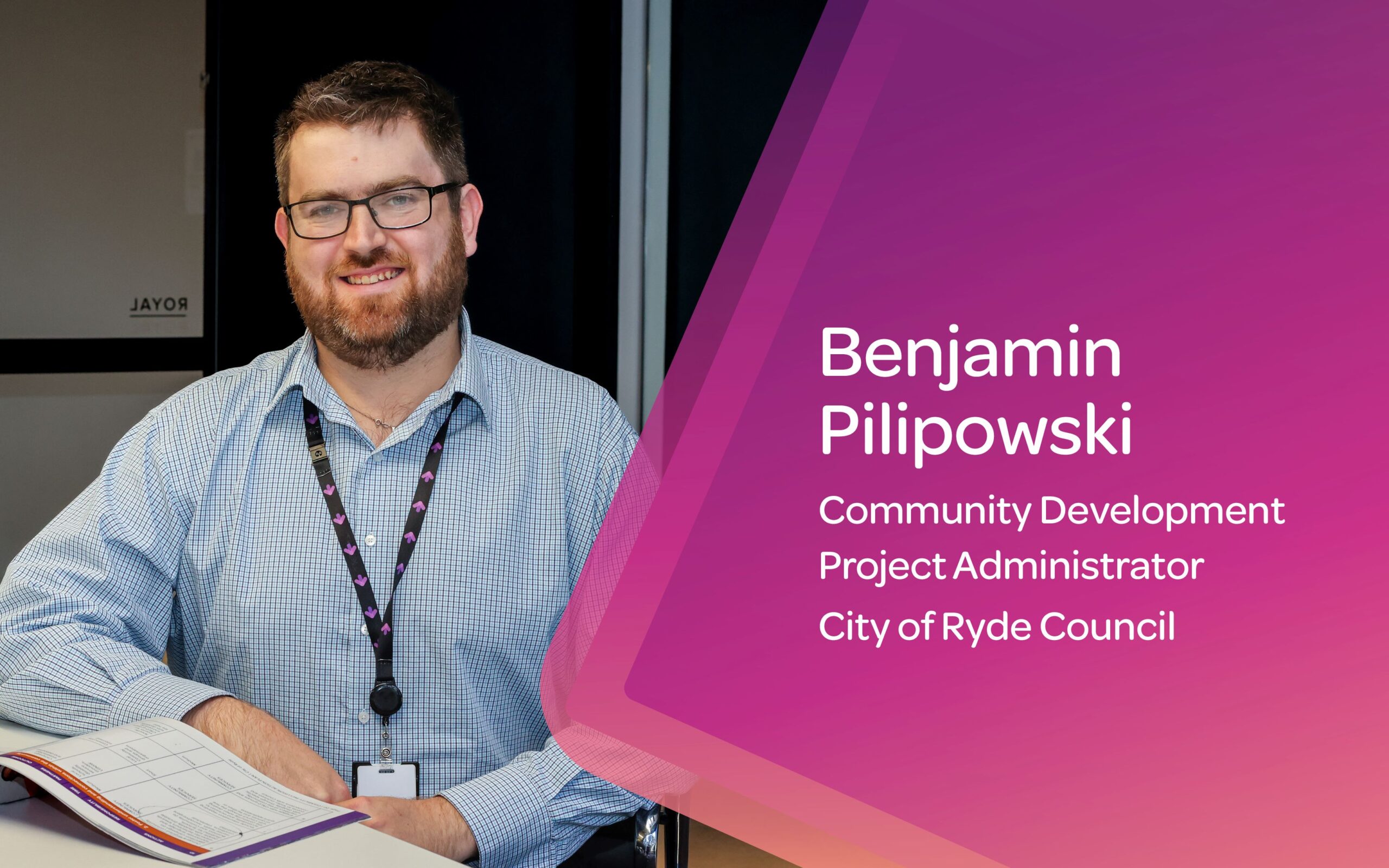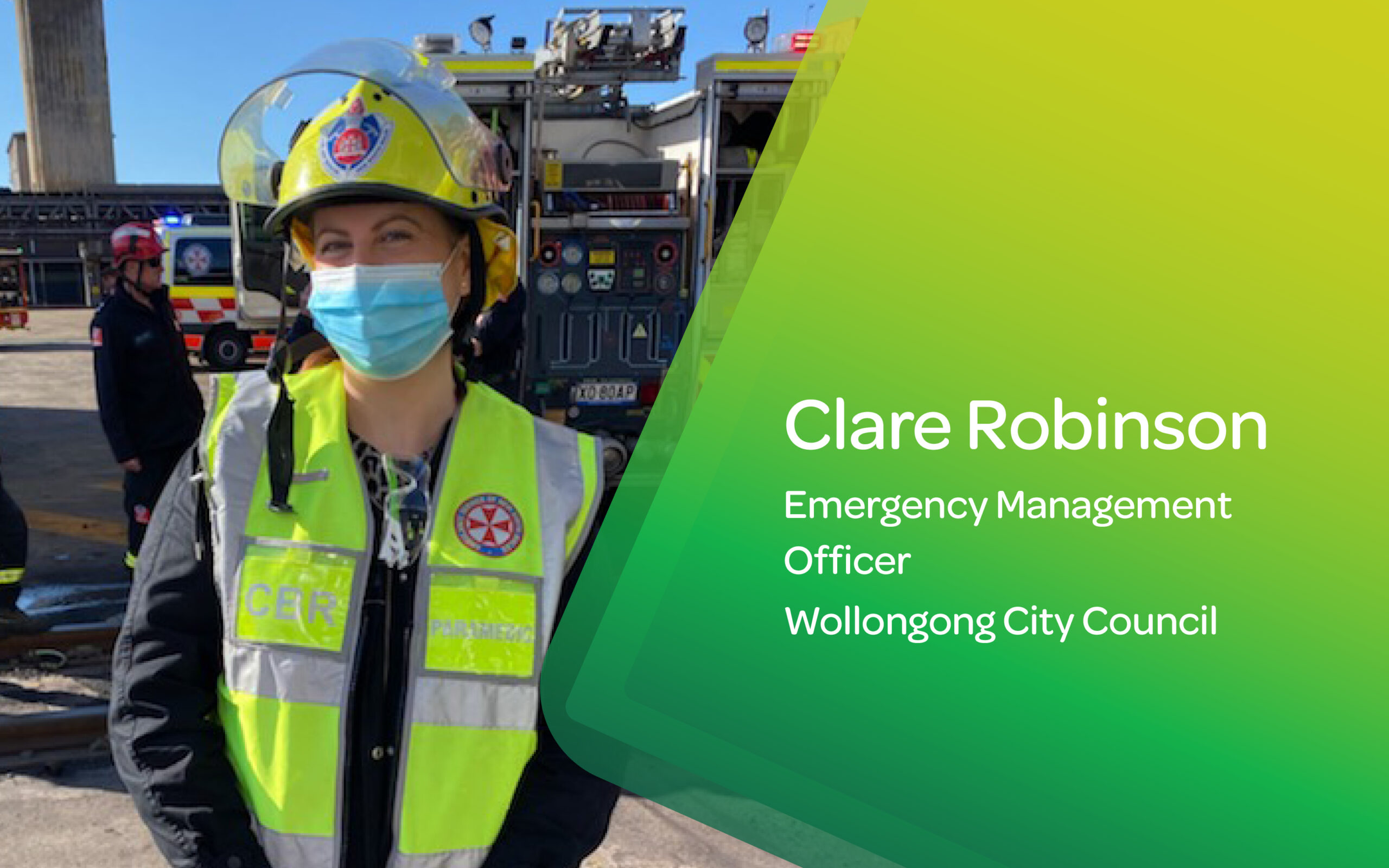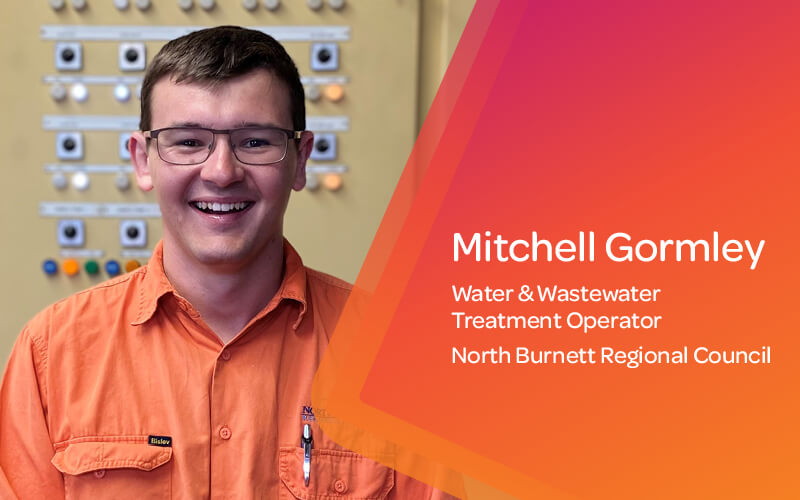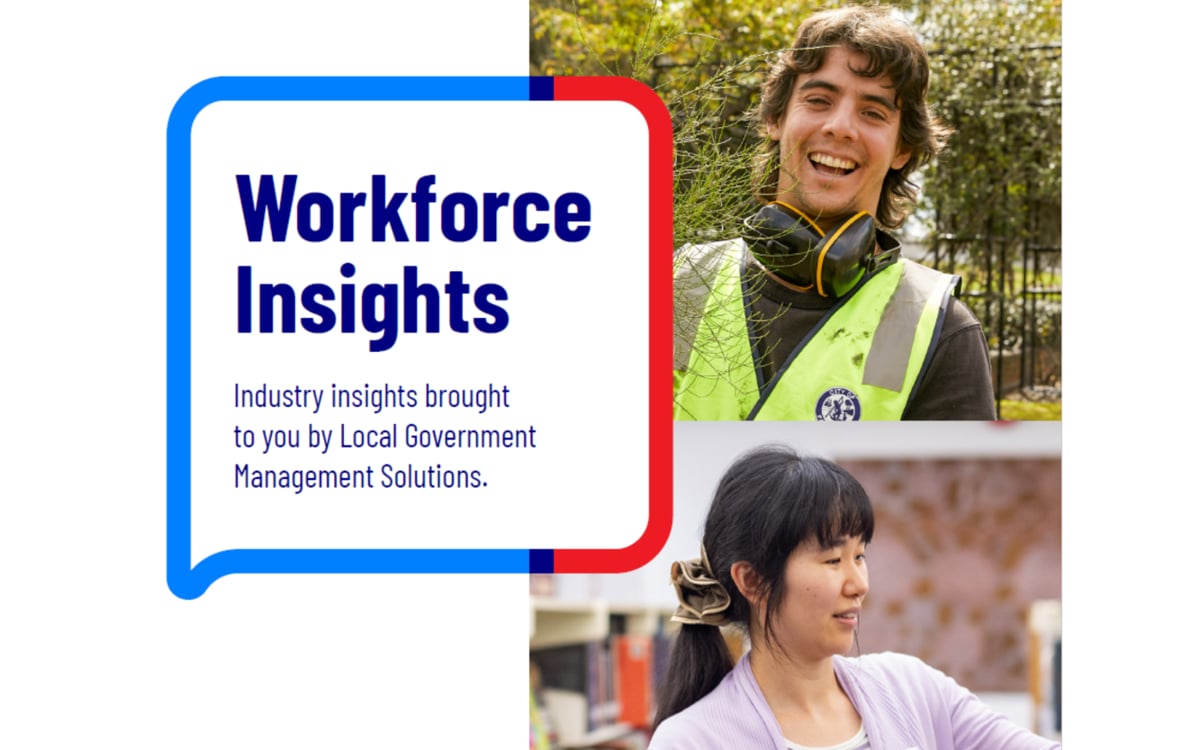
Why mental health at work matters
Our mental health is just as important as physical health, especially in the workplace. In Australia, around 1 in 5 people experience a mental health condition each year. In the workplace, this means many employees are dealing with challenges like stress, anxiety, depression, or burnout.
A recent survey from SuperFriend found that 38% of Australian workers reported high levels of psychological distress, and according to another survey from the Corporate Mental Health Alliance, nearly half feel some level of burnout.
These issues affect individual wellbeing and can impact focus, productivity, and safety. In fact, under national Work Health and Safety laws, employers must manage psychosocial risks like excessive workload, low support, or workplace bullying, just as they would physical hazards.
That’s why councils across Australia are focused on creating mentally healthy workplaces. Whether through Employee Assistance Programs (EAPs), flexible work, or wellbeing initiatives, the support is there.
How councils support mental health
If you’re working for or applying to work in local government, here’s what you can often expect:
- Employee Assistance Programs (EAPs): Free, confidential counselling and support, available to employees and often their families. Remember, mental distress is more common than you might think. EAPs aren’t just for a crisis – sometimes it helps just to talk things through.
- Mental health awareness and training: Workshops, webinars, and leadership development that support a culture of care and early intervention.
- Flexible work options: Support with managing hours, location, or leave where possible – especially important when juggling personal pressures.
- Wellbeing initiatives: Activities like yoga, group walks, Mental Health Month events, or access to mental health toolkits and apps.
Even if you’re not in a role yet, looking after your mental health during a job search is just as important, especially during times of change and uncertainty. Many councils are taking steps to make their recruitment processes more inclusive and supportive of mental health – such as offering flexible interviews, diverse panels, and clearer communication around expectations.
10 practical tips to support your mental health at work
- Take regular breaks
Short breaks throughout the day, especially away from your screen, can reduce stress and help prevent burnout. - Set boundaries
Try to finish work on time and avoid work-related emails or calls outside of hours. Healthy boundaries support mental recovery. - Stay connected
Positive work relationships reduce feelings of isolation. A simple chat with a colleague or team member can boost your day. - Use your leave
Annual leave and mental health days are there to support your wellbeing. Don’t wait until you’re exhausted, rest regularly. - Move your body
Even light physical activity, like a lunchtime walk, improves mood and energy. Regular movement helps reduce anxiety. - Speak up early
If you’re feeling overwhelmed, reach out to someone you trust or use your EAP. Early support is often the most effective. - Try mindfulness
Breathing exercises, journaling, or using apps like Headspace or Smiling Mind can help improve focus and reduce stress. - Manage your workload
Break tasks into smaller steps, prioritise, and speak up if things are getting too much. Support is there to help you manage. - Eat well and sleep enough
Good nutrition and rest directly affect your ability to concentrate, regulate emotions, and perform well at work. - Be kind to yourself
Everyone has tough days. Practising self-compassion can help you bounce back more easily and maintain perspective.
Your wellbeing matters
Taking care of your mental health is a necessity. Whether you’re already in a council role or thinking about joining local government, know that support is available. If you’re navigating the job search right now, the same care applies – check in with yourself, stay connected, and reach out when you need to.
If you’re struggling, don’t hesitate to speak with your EAP, manager, or someone you trust.
——
This content is for general information only and is not a substitute for professional mental health advice, diagnosis, or treatment. If you or someone you know is experiencing mental health concerns, please seek support from a qualified health professional.
Crisis Support
If you are in an emergency or at immediate risk of harm to yourself or others, please contact emergency services on 000.
For 24/7 mental health support, you can contact:
- Lifeline: 13 11 14 – www.lifeline.org.au
- Beyond Blue: 1300 22 4636 – www.beyondblue.org.au
- Kids Helpline (for ages 5–25): 1800 55 1800 – www.kidshelpline.com.au
References
- Australian Bureau of Statistics (2023). National Study of Mental Health and Wellbeing, 2020-2022.
- SuperFriend (2024). A Decade of Data: Indicators of a Thriving Workplace 2024. (See page 30)
- Corporate Mental Health Alliance Australia (2023). Leading Mentally Healthy Workplaces Survey Report (See page 5)

